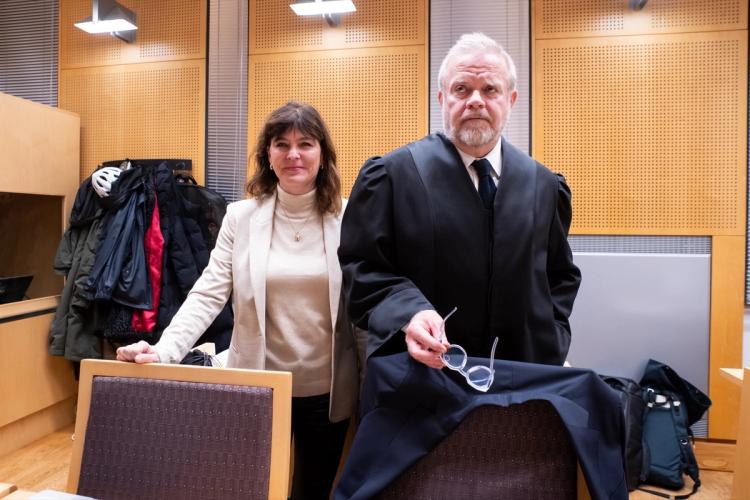13. november 2019
Tax proposal by the OECD

In October the OECD published the Secretariat Proposal for a “Unified Approach” (Pillar One) for taxing multinational enterprises, and opened […]
In October the OECD published the Secretariat Proposal for a “Unified Approach” (Pillar One) for taxing multinational enterprises, and opened for comments from the public.
The Tinius Trust view the current international tax system as dysfunctional and have forwarded the Trusts comments on the “Unified Approach” proposal to the OECD. The comments reflect the Trusts engagement to create a more level playing field between media businesses competing against the global tech companies.
Read the comments below:
Comments to the OECD Secretariat Proposal for a “Unified Approach” under Pillar One
The Tinius Trust is the largest shareholder of Schibsted Media Group, holding more than 25 per cent of the company’s shares. We work to ensure independent quality journalism through long-term, healthy financial development of the Schibsted Group.
We perceive the current international tax system as dysfunctional. The playing field for media businesses competing against the global tech companies is unlevelled. According to 2018 figures from the European Commission, global tech businesses pay a 9.5% average tax rate compared with 23.2% for traditional firms. Through this tax system and their documented breaches of European competition rules, the global tech giants in our opinion gain financial benefits at the expense of media groups.
In 2018, Google Norway paid NOKm 4 in taxes, Facebook Norway paid NOKm 2,9. Schibsted paid NOKm 264 last year. According to estimates for 2019, Facebook and Google controls 80 % of Norway’s digital ad market (revenue).
On this background, we appreciate the “Unified Approach” proposal. We find it innovative and a positive move towards new tax policies in the digital economy. However, we fear the sheer complexity of the proposal will delay an effective implementation.
We welcome adjustments in the proposal on two areas:
- Profit reallocation: Due to the complexity of the proposed three-tier profit allocation, we fear only minimal amounts of tax revenue will be allocated to the countries where users of global tech businesses are domiciled. If the tax value of the proposal turns out to be minimal, it will continue to undermine the trust in a global tax cooperation within the digital economy.
- Risks of double taxation: The three-tier profit allocation mechanism must not result in any double taxation. We believe amount A and B should have a correlation, such as amount B and C. Furthermore, relief for losses must be included. We encourage the OECD to address and solve double taxation issues between the three types of taxable profit.
In addition to the work within OECD, we acknowledge unilateral approaches by some EU-countries to the digital tax challenge. These initiatives introduce a continuous pressure on the international process moving forward. They also bring legitimacy to national tax systems in the absence of an international agreement and a more level playing field. However, as soon as an OECD-proposal reaches a common agreement, these unilateral approaches should be replaced.
The fierce competition within the media and information business should mainly be fought through sustainable, innovative business development. Today’s dysfunctional tax system unfortunately makes this competition unfair and unjust.
Signed by Ole Jacob Sunde, Board Chair of the Tinius Trust, and Kjersti Løken Stavrum, CEO of the Tinius Trust.



